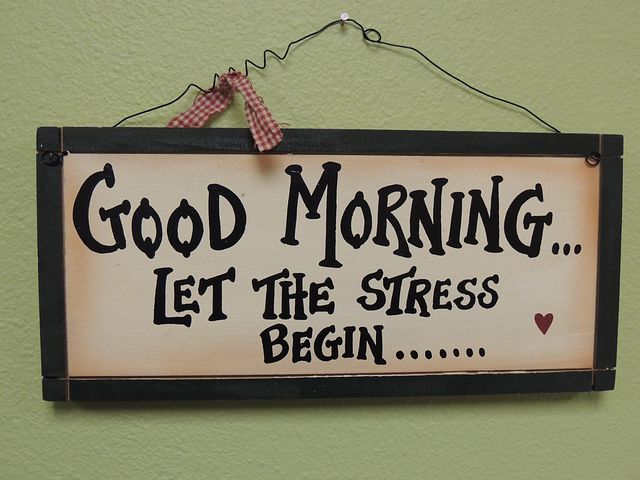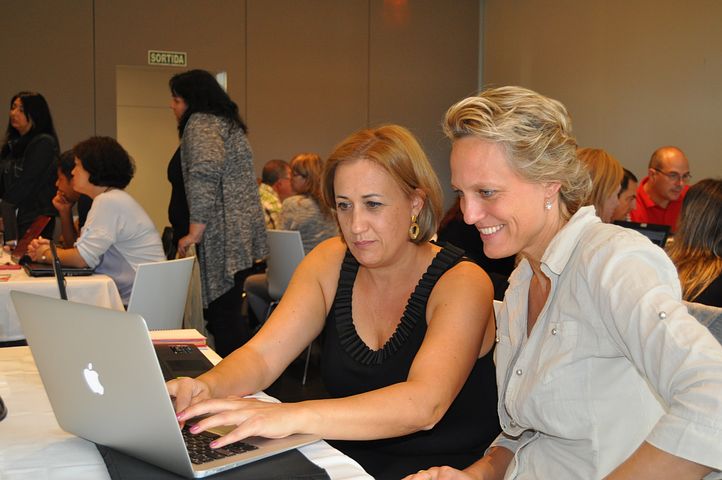Adult Learners: Ready to Begin College 101?

Adult Learners: Are You College 101 Ready?

Adult Learner researching academic options
Soon you’ll begin a new chapter in your life. Are you really ready for College 101? As ready as anyone about to embark on a new journey, right?
You are excited, but also a bit nervous. It’s been a while since you’ve been in a classroom.
You’re saying to yourself:
“What will my classes be like?
How hard will I have to study?
How will I multitask my family responsibilities with my school work?
Is this really going to be worth it?”
So many questions, so few answers. Experience is the only fortune teller and she ain’t talking! So get yourself ready. Prepare for your upcoming academic and social challenges. Dust off your people skills. Network with the right folks on campus – those who share some of your same interests. Create your own college and career success team.
Read your college student handbook like it was a human resource personnel manual. It’s loaded with options, choices, and opportunities particularly for adult learners who are intent on achieving their career goals.
Your Academic Adviser

Adult learner networking with Academic Adviser
And above all else, make sure you connect with your academic adviser. They are temples of knowledge when it comes to learning how to maneuver within your campus environment.
If you’re not feeling them or think the relationship is a bit too formal for your taste, then check around with your peers and other student support staff for potential adviser recommendations.
You need a team player, plain and simple.
Get some names and interview potential academic advisers for possible membership on your college and career readiness success team!
How do you interview them? First, make an individual appointment. Second, take out that list of questions and/or concerns you whipped up after your orientation session. And, third, pick your top three questions to discuss with the potential adviser candidates.
If you don’t have any questions, then refer to that campus student handbook. Select a couple of topics that interest you like the degree audit process, consequences of taking a reduced course load, advantages of networking with student support staff and so on.
Once you complete your interviews, analyze the results…yes, you should take notes during your interviews.
The Academic Gold Standard – Your Degree Audit
The degree audit is a standard academic advising tool used by academic advisers and students on most campuses. Although the name may vary from campus to campus, the purpose remains the same.
Simply put, the degree audit lists all of a student’s degree requirements including major, what has been accomplished to date, and what needs to be achieved in order to earn his or her undergraduate degree. It’s updated each semester and includes your grades, like a report card but much more thorough.
Sometimes degree audits contain mistakes. So read yours very carefully. If you have any questions or concerns, check in with your academic adviser.
And make sure you familiarize yourself with your campus’ total “degree audit” process. After all, it is an indispensable, individualized advising online road map designed specifically to help students achieve their academic and career goals.
Just commit to your goals, but also remain flexible. As adult learners, you do have a host of other responsibilities that will, most likely, require your attention as well such as work, family, parents, etc.
Surprise, Surprise…The Unanticipated
Remember, you’re not alone. Adult learners do comprise 40% of today’s college student population. Campus academic advisers are always available to help you brainstorm any unanticipated challenges or roadblocks.
Have a young family, senior parents, pressing work responsibilities, and/or are a single parent? Look on the bright side. You’re setting an achievement standard, exhibiting a model pathway, regardless of your individual circumstances.
Don’t forget to check out some our college and career readiness resources. Also, check out your campus’ resources as well.
You may actually find the information very helpful in negotiating your unanticipated academic/family challenges and hurdles.
Remember, your end goal is to learn how to study smarter, not harder.
Keep that in mind and you should have a terrific undergraduate experience!


